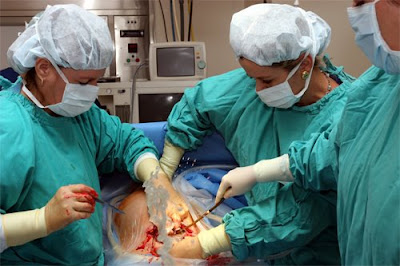A Shot In The Dark
The US claims that destroying one of its defunct satellites with a missile was necessary for the hazard its toxic fuel posed to life on Earth. It's an understatement that the world isn't convinced; neither are American experts. Here is an exposition of a six-week (perhaps more) long drama K eep aside the game of American and international politics surrounding the recent shooting down of a defunct spy satellite by the US; the logistics and science involved in the exercise was simply fascinating. Once, not giving two hoots to international concern, the US Administration gave the order to demolish with a missile the 'dead' National Reconnaissance Office satellite, the Department of Defence needed to re-programme the weapons -- outfit three Navy cruisers, the USS Lake Erie, USS Decatur and USS Russell, with remodelled Aegis anti-missile defence systems and a total of three SM-3 missiles -- within a few weeks. The confusion: Too many cooks spoil the broth, they say. Much bef


